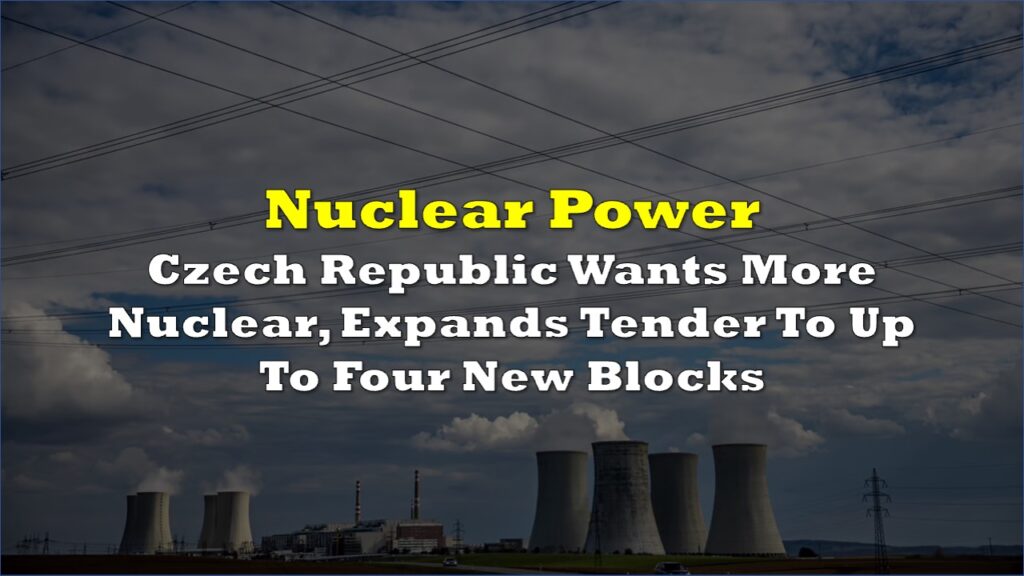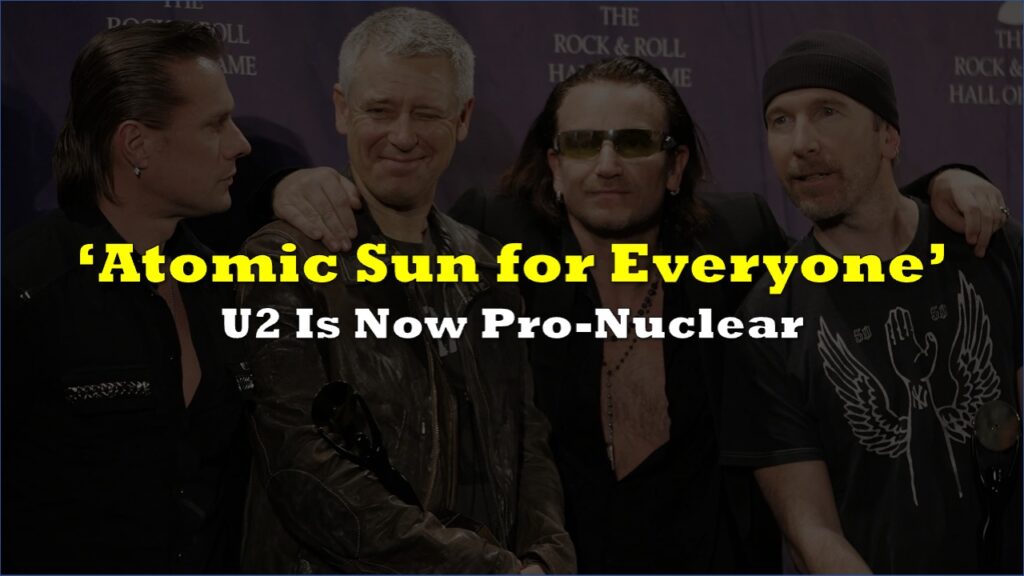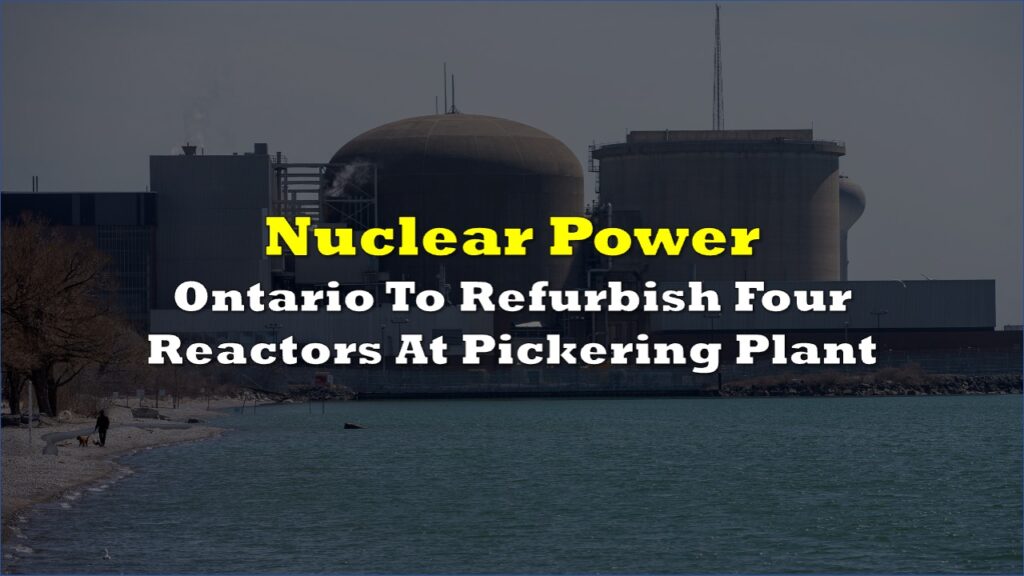Microsoft (NASDAQ: MSFT) has announced a deal with Constellation Energy to resurrect Pennsylvania’s dormant Three Mile Island nuclear plant to power its ever-expanding data centers. The plant, best known for its infamous 1979 partial meltdown, has remained closed since 2019 due to financial pressures and competition from cheaper fossil fuels.
However, Microsoft’s commitment to zero-emission energy sources and the growing energy needs of its AI-powered data centers have led to an unprecedented agreement that will see the nuclear plant restarted by 2028.
If the deal proceeds as planned, Three Mile Island’s Unit 1 reactor will come back online, supplying Microsoft with 835 megawatts of clean energy—enough to power approximately 800,000 homes. The contract, reportedly running for 20 years, marks the first time a single commercial nuclear plant has been fully allocated to meet the needs of a single customer.
Microsoft’s bold move is part of its larger strategy to fuel its growing AI infrastructure with reliable, carbon-free energy. Nuclear energy, long overshadowed by the rise of cheaper renewables like wind and solar, offers a consistent energy output that renewable sources often cannot provide due to their intermittent nature.
“The energy industry cannot be the reason China or Russia beats us in AI,” said Joseph Dominguez, Constellation’s CEO, emphasizing the broader national stakes involved. “This plant never should have been allowed to shut down,” he added.
My comments:
— Mark Nelson (@energybants) September 20, 2024
Clearly, the biggest tech companies are desperate to buy up nuclear plants. This deal between @Microsoft and @ConstellationEG represents the biggest and richest of its kind. It won't be the last.
Constellation needed to be sure it would recover the estimated $1.8…
Nuclear revival
The U.S. nuclear industry, which saw a downturn in the past two decades, is experiencing a resurgence as tech companies like Microsoft scramble to secure stable, carbon-free electricity for their data centers. Today’s tech giants require massive, continuous amounts of power, with AI-driven computing particularly energy-intensive.
“Getting electricity to market when and where needed is a savage problem,” said Mark Nelson, a pro-nuclear advocate, commenting on the deal. “Nuclear almost perfectly matches the specific service needs of the next generation of centralized AI data centers in a way distributed weather-based energy cannot.”
Nelson pointed out that while new wind and solar projects produce electricity at costs between $40 and $100 per megawatt-hour (MWh), they often generate power at the wrong times and locations to meet the needs of hyperscale data centers. Microsoft is reportedly paying a premium, above $100 per MWh, to secure Three Mile Island’s energy supply.
Constellation has estimated that bringing the plant back into operation will cost approximately $1.6 billion, a figure that could be offset by federal tax credits and subsidies included in the 2022 Inflation Reduction Act. The Act provides substantial incentives for nuclear power, making it economically viable in today’s market. These tax credits, which offer financial support for every megawatt-hour of nuclear energy generated, have been crucial in making this deal possible.
“The tax breaks in the Inflation Reduction Act are pivotal to this project,” Dominguez explained. Without federal support, reviving a decommissioned plant like Three Mile Island would have been economically unfeasible.
The agreement will also bring significant economic benefits to the region, with an estimated 3,400 jobs created during the plant’s restart and operation phases, according to a study by the Pennsylvania Building & Construction Trades Council.
Regulatory hurdles
Despite the enthusiasm surrounding the deal, several significant challenges remain. The Nuclear Regulatory Commission will need to approve the reopening, and the regulatory process is expected to be rigorous.
No U.S. nuclear plant has ever been restarted after decommissioning, and safety concerns will likely be at the forefront of regulatory reviews.
In 1979, Three Mile Island was the site of the worst nuclear accident in U.S. history, when Unit 2 experienced a partial meltdown. Although no immediate injuries or deaths resulted from the incident, the event sent shockwaves through the nation and led to increased scrutiny of nuclear energy. Unit 2 has remained dormant since the meltdown, while Unit 1, the reactor slated for restart, continued operating until its closure in 2019.
Critics argue that restarting the plant could pose risks, both financially and in terms of safety. Some nuclear safety advocates, pointing to ongoing issues with aging nuclear infrastructure, caution against rushing the plant’s revival.
Constellation, however, is confident in the plant’s integrity.
“The plant is in extraordinary shape,” Dominguez asserted, referencing extensive testing already conducted on the facility.
Earlier this year, Amazon reached a similar agreement with Talen Energy to purchase power from the Susquehanna nuclear plant in Pennsylvania. While these deals are aimed at addressing the tech industry’s increasing power demands, they have raised concerns among clean energy advocates that tech giants may be monopolizing access to low-carbon energy sources.
Information for this briefing was found via The Washington Post and the sources mentioned. The author has no securities or affiliations related to this organization. Not a recommendation to buy or sell. Always do additional research and consult a professional before purchasing a security. The author holds no licenses.









